Giving Thanks for Music Therapists
Incorporating Music in Health, Healing, & Comfort
Like many of you, I incorporate music into my life. I play an upbeat playlist, while I work or clean. Maybe you like to play guitar and sing a sad or fun ditty depending on your mood. We turn to these things in order to express and process a full range of emotions: to celebrate, to energize, to soothe, to make us forget our troubles for a time.
In this post, I want to honor and give thanks to Music Therapists for bringing music (and often dancing) to the field of therapy. I’m going to dial down and highlight the therapy they bring to people in nursing homes and for end of life care. I hope this post will help you understand the significance of music to the world of therapy and how these professionals bring these two worlds together.
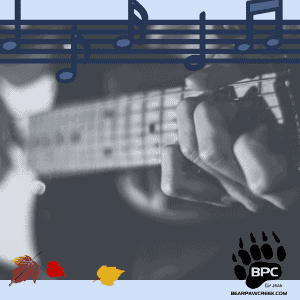
What does a Music Therapist do?
When I was in High 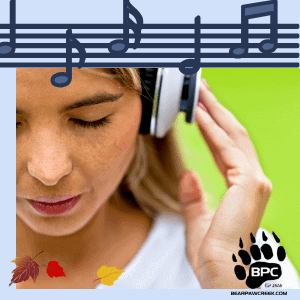 school, one of my friends said that she was interested in pursuing a degree in Music Therapy and I was pretty clueless about it. However, when I started working with Bear Paw Creek, I became aware of the profession again. Over the last few years, as I’ve been following the work of Music Therapists online, I’ve seen the influence they’ve had in areas of therapy, research and education. And they’ve earned my respect.
school, one of my friends said that she was interested in pursuing a degree in Music Therapy and I was pretty clueless about it. However, when I started working with Bear Paw Creek, I became aware of the profession again. Over the last few years, as I’ve been following the work of Music Therapists online, I’ve seen the influence they’ve had in areas of therapy, research and education. And they’ve earned my respect.
When people hear the words, “Music Therapist” often they can have one of two reactions.
One reaction is to wonder whether music is effective for therapy.
For that reason, many studies have been done to explore the healing effects that music therapy can bring to people. Here is a link for an excellent resource discussing the benefits of music for end of life care: A critical realist evaluation of a music therapy intervention in palliative care.
The truth is, that most of us don’t need to read studies to prove to us that music has a huge impact on our wellbeing.
For example, these weeks I have been a struggle with anxiety and sadness. Like many of you, the first thing I reach for is music. Whether I’m singing in my car or listening through headphones on the computer while I work, I’m putting on the music that helps me cry or lifts my spirit.
Reaching for music is what many of us do. We play our favorite playlist, pick on a guitar sing a sad or fun ditty, these things we instinctively feel are good for us.
The second response we may give is, “Do we need therapy professionals who specialize in Music as a form of Therapy?”
Some may wonder why a separate profession is required for the use of music as therapy. If it’s good, and we know it is, why don’t we just incorporate it into care? Do we need a music therapist to make that happen?
The education of the Music Therapist and integrates the study of music with the study of health, development, and psychology. They not only understand music and its effects but they also study to understand people, therefore, they can match the therapy with the client.
Erin Seibert expresses the true value of Music Therapy. She also gives fascinating insight into the origins of Music Therapy in this TEDx Talks Video. Please take the time to watch this powerful, clear presentation: body and soul.
Music Therapy can reconnect the caregiver and the patient, giving them access to memories and music that is meaningful to both of them. Share on X
The Influence of Music Therapy in Elder Care and Palliative Care
To illustrate the impact that Music Therapists are having in other types of care and therapy, I just want to highlight elder care and end of life care (which is called palliative therapy.)
When my mom passed, I was overseas and unable to get there before she died because it was so quick. She was surrounded by my dad, my sister and people who love her and by music, as they sang to her the hymns that she and they loved. The comfort was not only for her but also for those who loved her. It also comforted me to know that she was comforted even as I was trying to get a passport to come to her side. This is palliative care.
I used to visit one of my aunts who was bedridden in a nursing home. It hit home to me that the videos and music she had were very dependant on what was brought to her. When I was visiting there were a few things she loved: Chocolate, laughing at funny memories, having cream rubbed into her hurting feet and being sung to. My aunt had a beautiful voice when she was young and a bunch of people who loved her provided her with music and videos to watch. If we didn’t bring her music and sing to her, she wouldn’t have had music in her life. This is elder care.
What about people who don’t have family members or friends to visit them?
This Podcast, from Collective Music Therapy, is very poignant and illustrates the role that Music Therapy may play in the case of someone who doesn’t have a relative or other loved one to bring them comfort during end-of-life care.
Music Therapy in Palliative Care: The Beatles reinterpreted to ease the end of a journey.
And what of the elderly and dying who’s loved ones are able to care for them?
Often the work involved in caring can break down the relationship through stress and weariness that comes with the territory. Music Therapists can create a bridge that reconnects family members as husband and wife, parent and child, or sisters instead of simply caregiver and patient. What they bring into the space is an opportunity to rest, reconnect and laugh together.
“The long and short of it is that, as care recipients’ health declined, caregivers were at increased risk of moving further and further away from their pre-illness identity in the context of their relationship with the care recipient. That means caregivers interacted less and less as a spouse, parent or child with the care recipient: acts of love (i.e., eating dinner with my wife) transformed into mechanicals acts of service (i.e., feeding dinner to my wife) that became less about fulfilling the need to relate meaningfully to a loved one and more about meeting the “next” need.” A Possible way Forward with Hospice Caregivers during Pre-Bereavement by Noah Potvin Ph.D., MT-BC
Music Therapy can reconnect the caregiver and the patient, giving them access to memories and music that is meaningful to both of them.
About 2 years ago I wrote a post called Recreational Activities for Dementia and Alzheimer Patients. In it, I shared a video by Simon McDermott – The Songaminute Man, who reconnected with his dad through music. His latest video is below and he is offering an album of his father’s music to raise money for Alzheimer’s research here: www.songaminuteman.com
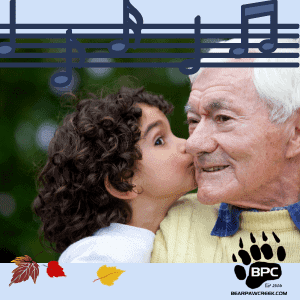
You can see the influence Music Therapy is having in elder and palliative care.
Take that influence and multiply it across many disciplines, from childhood development to early education and also working with troubled teens and adults with depression, PTSD, addictions, the list goes on. I’ve been writing articles for Bear Paw Creek for just a few years now, standing as if from the outside, looking in. And this community of professionals called Music Therapists really impresses me. I look forward to seeing more of what they will do for the world of therapy in the future.
I hope you take a moment to learn about this profession and discover how what they are learning can impact our lives for good. Give thanks with me for the Music Therapists among us. And take the time to read some of the articles and consider how to apply some of what they are learning and teaching to your own life, at home, in school with someone you love who is elderly.
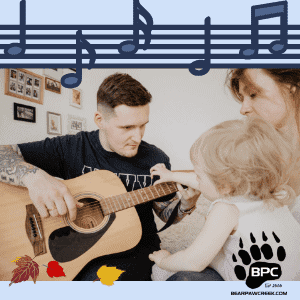
For those who work specifically in Elder Care, thank you!
Here are some resources for you on our blog:
- Stretchy Band Movement Prop, Music and Dementia
- Recreational Activities for Dementia and Alzheimer Patients
- 3 Christmas Song Lists for use in Memory Care
- Movement props and other resources for music therapy.
Something to do:
In this post, I’ve talked about the way that Music Therapists reach out and bring comfort and healing to the elderly. You can be a part of this as well. In this season of thanks, here is a list of games with bean bags to use with any age. These games would be perfect to use as a mixer for children, youth and the elderly. Take these games to a nursing home and bring young people with you to play them.
